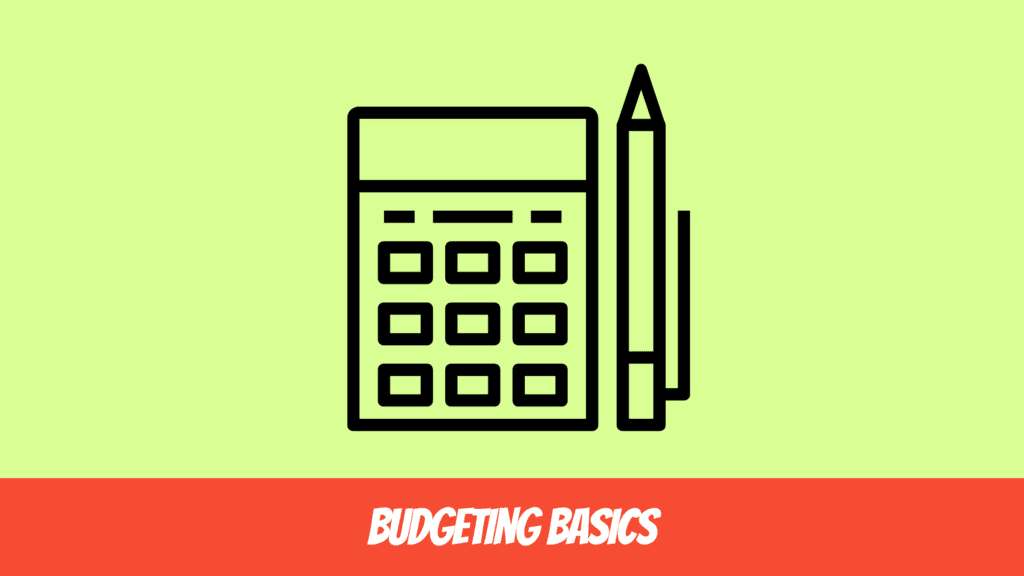How to Manage Your Money Wisely – An Introduction
Money is a big part of our lives and it’s important to know how to manage it wisely. When you don’t have a good handle on your finances, it can be difficult to make ends meet.
That’s why understanding the basics of money management is so important.
In this blog post, we’ll discuss the fundamentals of money management and how you can use them to help manage your finances better.
Budgeting Basics

Budgeting is an essential part of maintaining financial stability and security. It can give you peace of mind that your money is being managed responsibly, while also helping you plan for the future.
The key to successful budgeting is to create a realistic and detailed budget that outlines all of your income sources and expenses.
Start by listing out all of your sources of income, including wages, investments, side hustles, and even gifts or money from family members.
Then list out all your expenses, such as rent, utilities, food costs, transportation fees, loan payments, and more.
Review these lists to look for areas where you can save money or spend more efficiently.
When creating a budget it’s important to consider all possible scenarios when estimating your expenses.
This includes setting aside some money for emergencies or sudden costs that may arise in the future. Budgeting can give you greater insight into how much money is available each month after you factor in all costs and expenses.
Once you have estimated how much money is available each month try to break it up into separate categories such as food and clothing so that it’s easier to track spending over time.
Setting limits on certain categories can help ensure that you stay within the boundaries of your budget while still buying things that are necessary or important to you.
You should also check in with yourself regularly when budgeting to make sure that your allocations are still accurate and suitable for your situation.
If something changes or if a new expense arises then make sure to adjust the budget accordingly so you can stay on top of managing your finances effectively.
With proper budgeting tools like spreadsheet software or personal finance apps tracking spending will be easier than ever before!
Saving Strategies

When it comes to saving, it is important to have both short-term and long-term goals in mind.
Setting aside a portion of each paycheck for savings is a great way to start building up a financial cushion that can be used in case of emergency or when making a large purchase like a car or house.
It’s recommended that you begin by setting aside 10% of each paycheck for savings, then gradually increase the percentage until you reach an amount that works for your specific needs.
In addition to regular savings, investing in stocks, bonds, mutual funds, and other assets can help grow your money over time.
Investing carries some risk but it also has the potential to earn more returns than just saving alone.
Before investing, research different options and make sure you understand how they work, as well as any associated fees or risks they may carry.
Another strategy for saving is automating your contributions. This means setting up automatic transfers from your checking account into your savings account on a biweekly or monthly basis so that you don’t forget or get off track with your money goals.
Shop around for the best interest rates on bank accounts, and be sure to compare banks’ fees before opening any new accounts so that you can maximize your earnings from interest and other rewards programs offered by some banks.
One final tip for saving money is to keep track of where your money goes every month.
Whether through budgeting software or simply writing down expenses in a notebook, tracking what you spend will give you insight into where adjustments need to be made so that you are better able to save more efficiently.
Planning includes both short-term financial needs as well as long-term goals such as retirement planning or purchasing a home – understanding how much these things cost and setting aside enough money each month towards them will help ensure financial success later on down the line.
Spending Wisely

Spending wisely is an important part of managing money, ensuring that you make the best use of your income and protect yourself from incurring unnecessary debt. To do this, it’s essential to practice mindful spending.
Before committing to any purchase, take a moment to consider if the item is necessary or if there are cheaper alternatives available. For instance, take advantage of sales when possible, shop around for better prices, or purchase generic brands instead of more expensive name brands.
Try to resist impulse purchases by setting limits for yourself on how much you can spend on non-essentials or waiting at least 24 hours before making a decision—this will help prevent overspending and allow you time to review your options more carefully.
Finally, always be sure to pay bills on time as late payments can result in hefty fines and fees as well as damage your credit score over time.
This could make borrowing more expensive in the future since lenders may see you as a higher-risk borrower due to your poor payment history.
Therefore, it’s a good idea to set up automatic payments for recurring bills so that you never miss a payment again!
How to Manage Your Money Wisely – Conclusion
Managing your money wisely is an important part of life and requires discipline and practice in order to master it successfully!
By following the tips above such as budgeting regularly, saving strategically, and spending responsibly –you’ll be well on your way toward achieving financial stability!
With proper planning and dedication, anyone can develop good habits around their finances that will benefit them both now and into the future!
